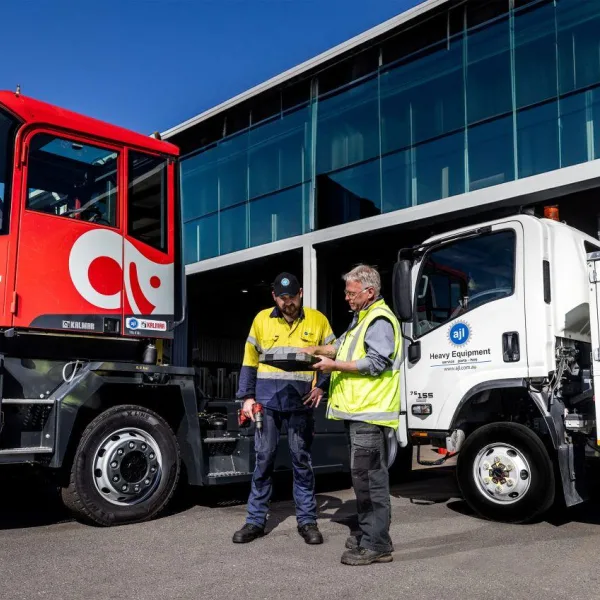Thriving in Chaos
Great leaders excel in chaotic and messy situations by bringing several key qualities to the table:
- Adaptability: They quickly assess chaotic situations, identify critical issues, and pivot strategies as needed.
- Decision-Making: Effective leaders make tough decisions under pressure, even with incomplete information, and take calculated risks.
- Resilience: They maintain composure, stay focused on goals, and inspire their teams, even when things go awry.
- Innovation: Chaos often breeds innovation. Leaders encourage creative problem-solving and embrace unconventional solutions.
- Communication: Clear, effective communication is crucial. Leaders ensure their teams are well-informed, understand their roles, and align with the overall strategy.
- Empathy: Understanding and addressing team members' concerns and emotions builds trust and motivation, even in challenging times.
Motivated by Chaos
Jay Chiat, the late advertising guru, famously said, "I'm not comfortable unless I'm uncomfortable." This reflects the belief that growth and innovation come from stepping outside one's comfort zone. Embracing discomfort helps leaders avoid complacency, stay adaptable, and continuously seek new opportunities for improvement and success.
Several psychological theories support the idea of finding comfort and motivation in facing daily challenges:
- Self-Determination Theory (SDT): This theory suggests that people are motivated to grow and change by three innate psychological needs: competence, autonomy, and relatedness. Overcoming challenges fulfills the need for competence, providing a sense of accomplishment.
- Flow Theory: Proposed by Mihaly Csikszentmihalyi, this theory describes a state of complete immersion in an activity. When challenges match one's skills, it leads to a flow state, which is highly rewarding.
- Growth Mindset: Carol Dweck's research indicates that individuals who believe their abilities can be developed through hard work are more likely to embrace challenges and persist despite setbacks.
- Positive Psychology: This field focuses on strengths and factors contributing to a fulfilling life. Engaging in meaningful activities and overcoming challenges leads to greater well-being.
- Behavioral Activation: A component of cognitive-behavioral therapy (CBT), this encourages engaging in activities that bring a sense of achievement and pleasure, improving mood and reducing depression symptoms.
These theories highlight how facing and overcoming challenges provide a sense of purpose, fulfillment, and psychological well-being.
For mountain climbers, Antarctic explorers, and F1 drivers, Flow Theory and Growth Mindset are particularly relevant:
- Flow Theory: These individuals often experience a state of flow when fully immersed in their activities. The challenging nature of their tasks, combined with high skill levels, creates perfect conditions for flow, making the experience highly rewarding despite the demands.
- Growth Mindset: These adventurers and racers believe their abilities can be developed through dedication and hard work. They embrace challenges, learn from setbacks, and persist in the face of difficulties, continuously improving their skills and overcoming extreme conditions.
Both theories highlight how pursuing challenging goals amidst chaos and the ability to adapt and grow through experience drive individuals to achieve extraordinary feats.

